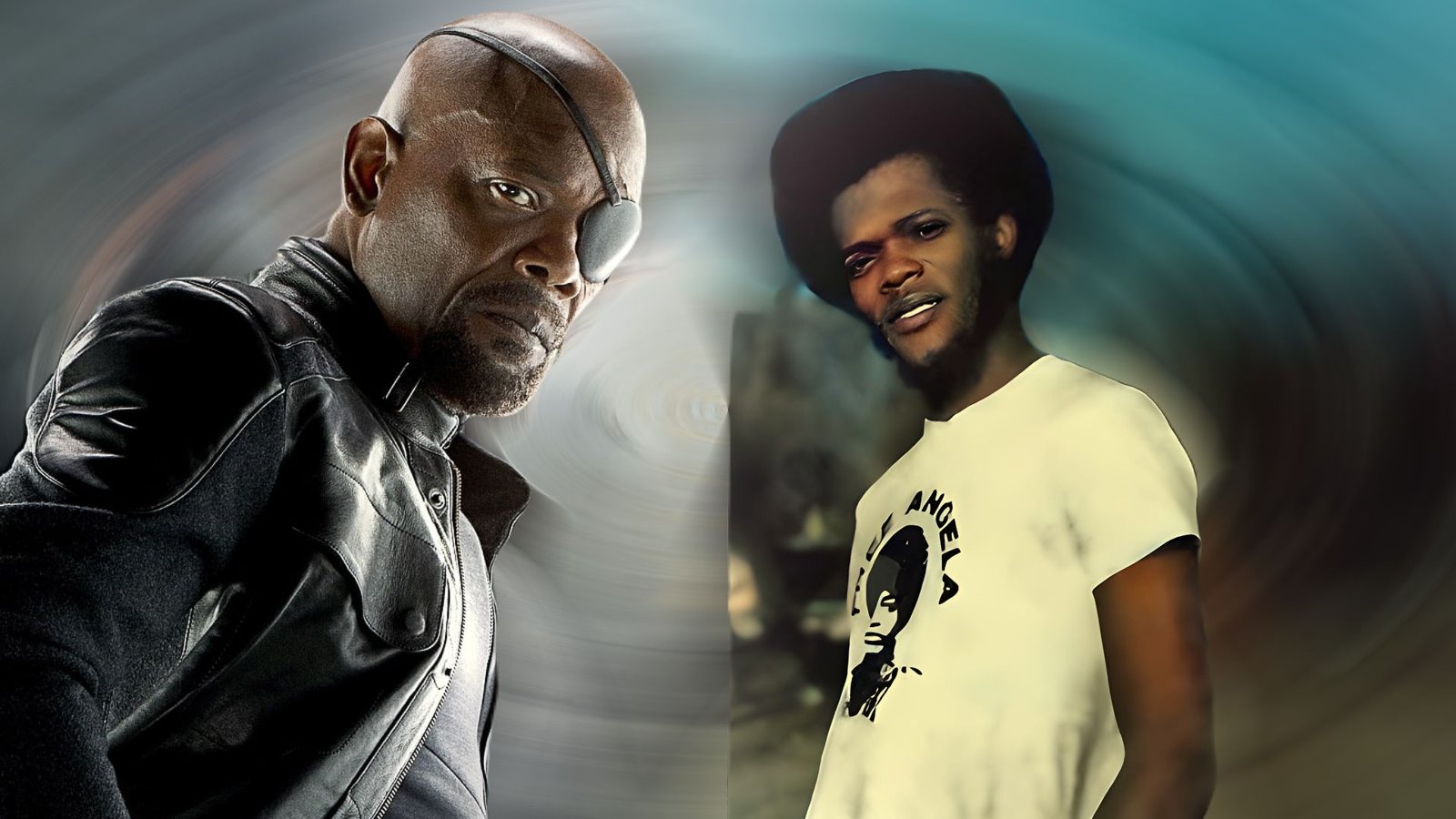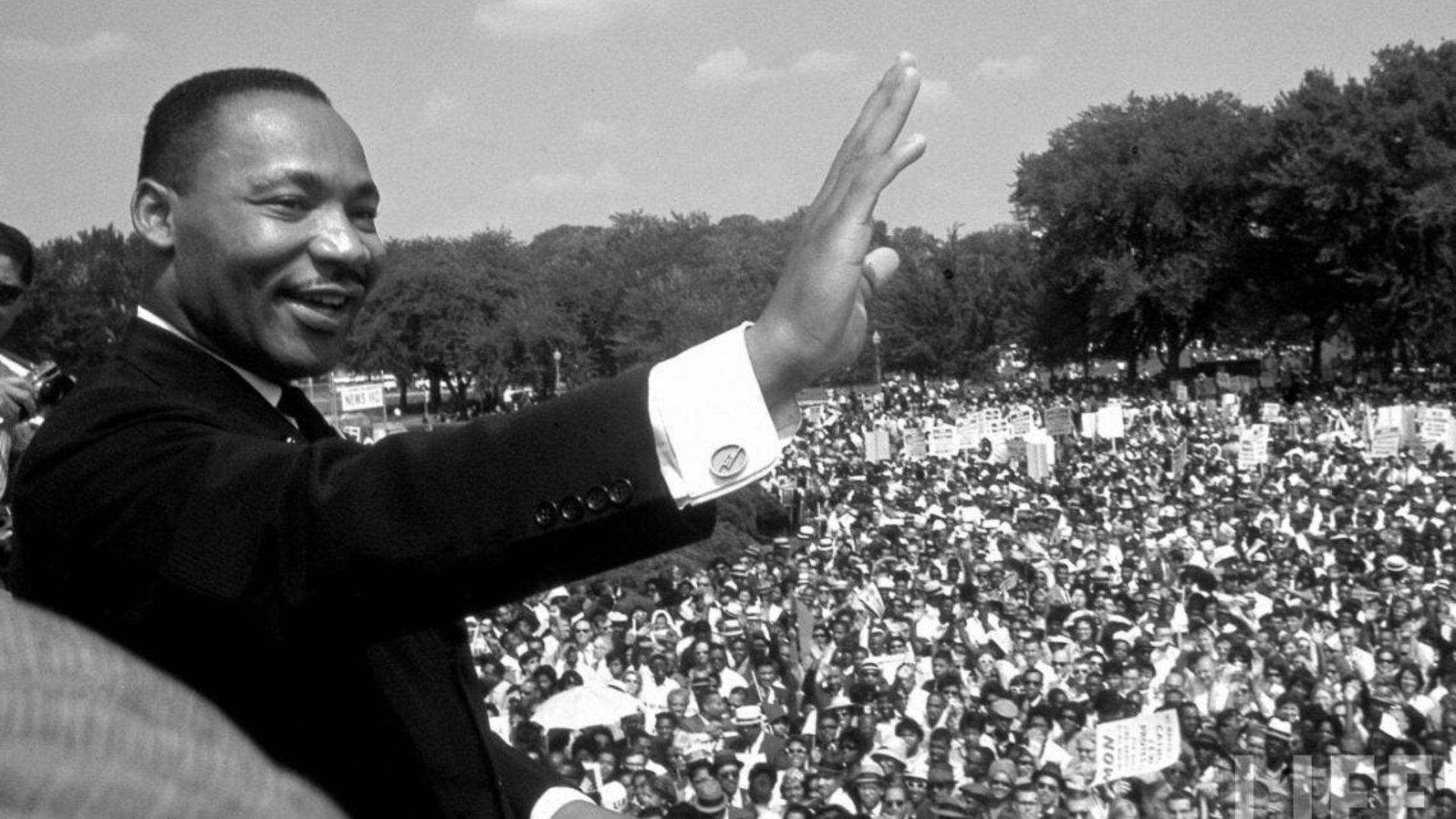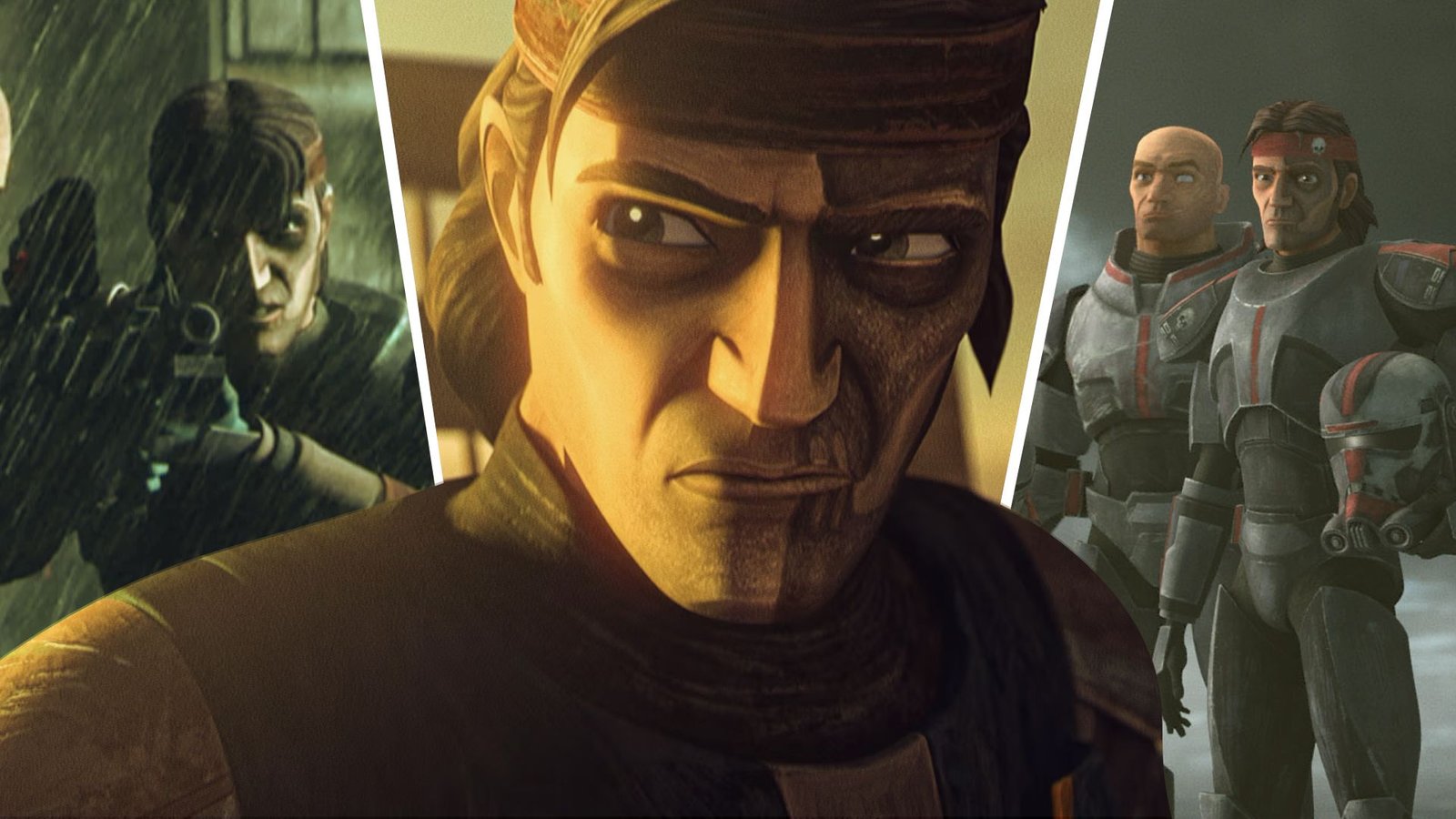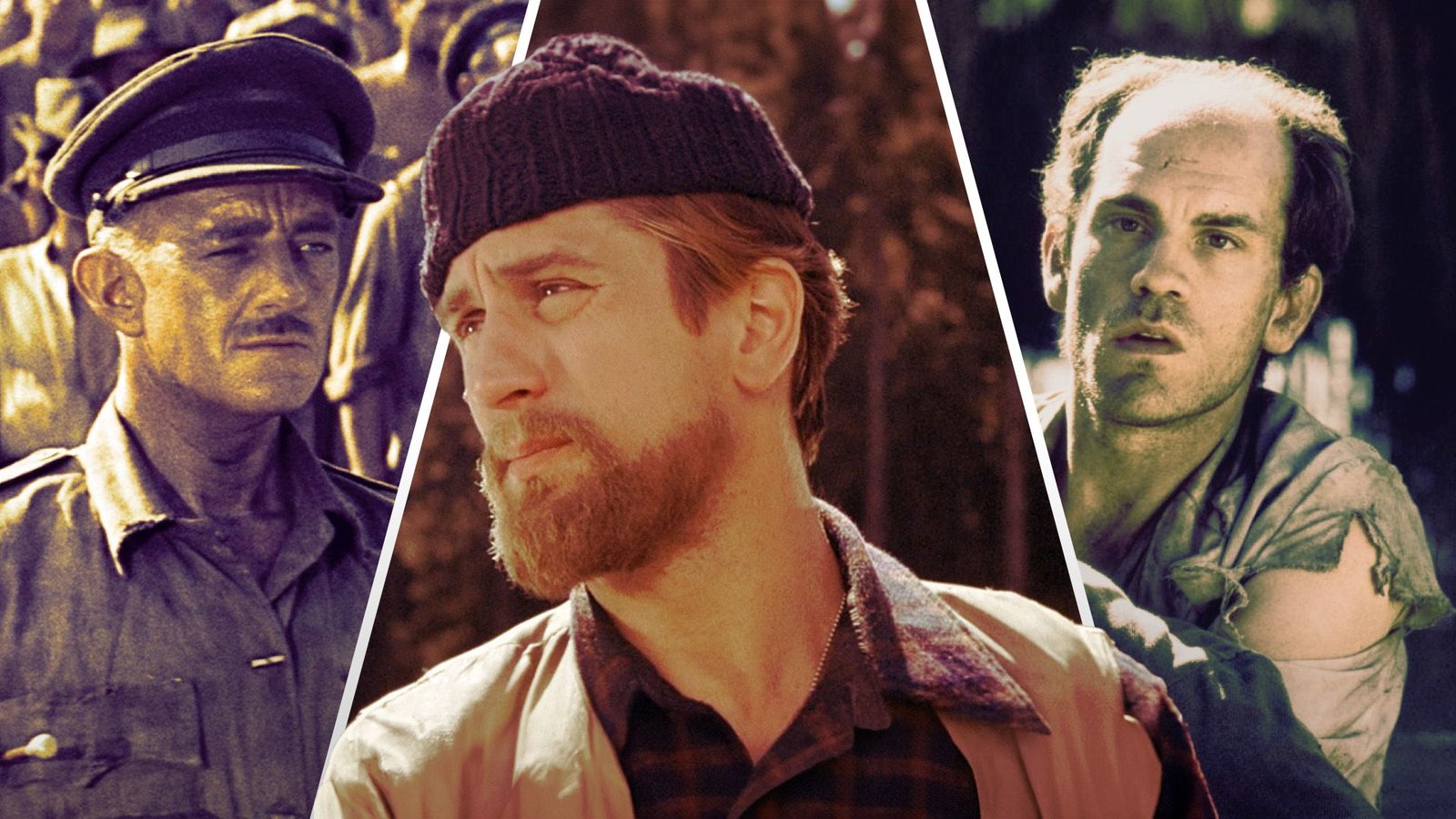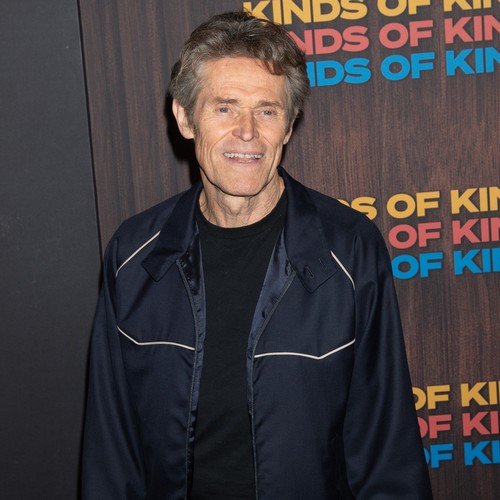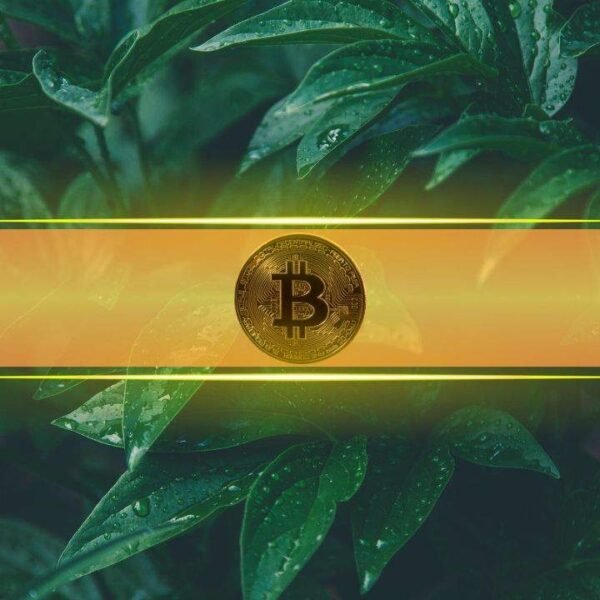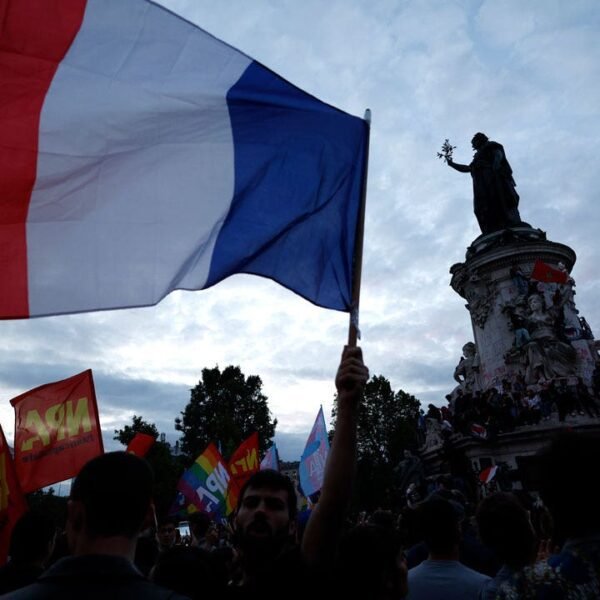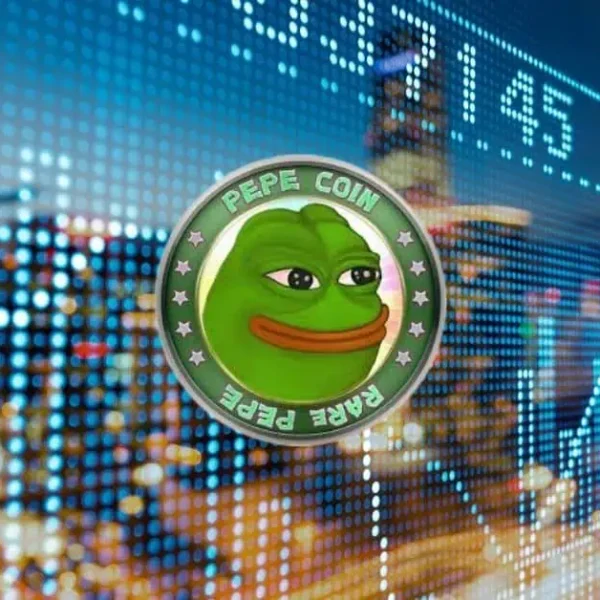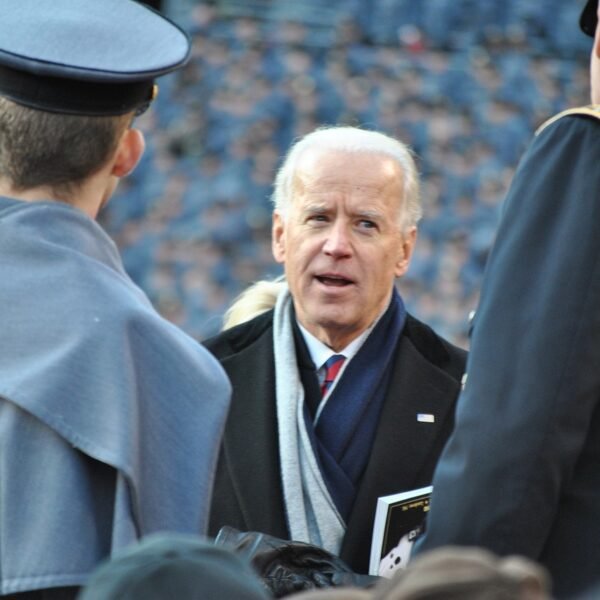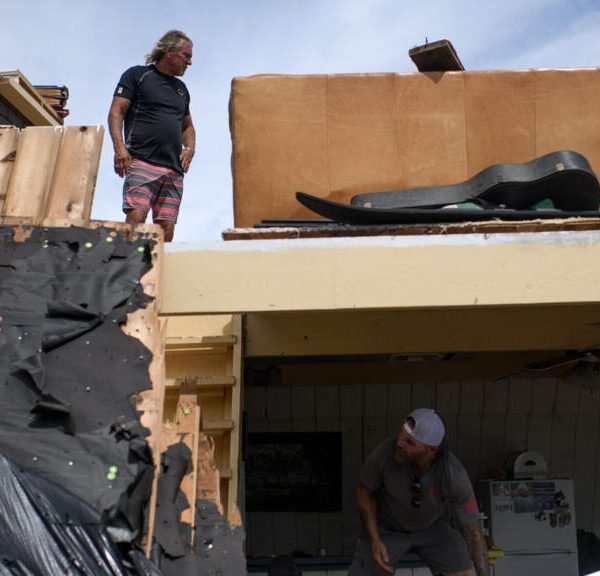Summary
- Protesting is a timeless American right that’s being expressed across the country right now. 55 years ago, Samuel L. Jackson fought for change as a student, no matter the danger.
- Racist experiences and Vietnam fueled Jackson’s fight for justice and power, leading to radical action on campus in 1969.
- FBI intervention and his mother led Jackson to shift focus to his entertainment career, shaping both his life and our culture.
With student protests erupting on college campuses across the country, some anti-protesters have been dramatically lamenting how young people are “throwing their future away” by fighting for a cause they believe in. Tell that to Samuel L. Jackson, who not only protested as a student of Morehouse College in Atlanta, Georgia, but was part of a well-armed student faction involved in a hostage situation. “I’ve been in some very low and dangerous places,” Jackson has said, “places I should not have been, with people walking around with guns and machetes.” If people think the anti-war protests of 2024 are bad, they must not remember the 1960s.
“I had anger in me,” Samuel L. Jackson told Parade in an extensive interview about the situation. “It came from growing up suppressed in a segregated society. All those childhood years of ‘whites only’ places and kids passing you on the bus, yelling, ‘N***er!’ There was nothing I could do about it then. I couldn’t even say some of the things that made me angry — it would have gotten me killed. But,” he added, “I had a dream of my own. I was determined to get out and make my family proud.” This is the story of how one of the most beloved actors of his generation fought for something bigger than himself.
MLK, Death, and Vietnam Radicalized Samuel L. Jackson
In 1966, Jackson enrolled at Morehouse College, the alma mater of Dr. Martin Luther King Jr. Jackson wrote a piece for The Hollywood Reporter where he stated, “I hadn’t been that political before. We didn’t have a lot of civil rights protests in Chattanooga, Tennessee, where I grew up. I read about the ones going on around the country and talked to my grandparents and my mom. When I went to college in 1966, that’s where I met the first guys that had been to Vietnam. We were in the halls running around late at night, playing cards and music.” He continued:
These guys were studying and would get really angry: “You’re gonna be dead if you don’t buckle down and get with these books, because as soon as your status is wrong, next thing you know, you’ll be in the war.” We were like, “What war?” And then my cousin, who was my age, got killed in 1967.
Dr. King Jr. would be murdered two years later, on April 4, 1968. Jackson went to the Atlanta funeral and then flew to Memphis to help with a protest march. “I was angry about the assassination,” explained Jackson, “but I wasn’t shocked by it. I knew that change was going to take something different — not sit-ins, not peaceful coexistence.”
15:52



Ken Loach on The Old Oak and Retiring After 60 Years of Protest Movies: ‘People Will Always Resist’
The legendary director discusses his final film, six decades of fighting the ruling class, and if things are getting better or worse.
Student Protesters Take Hostages and Force Change
As a result, in 1969, Jackson joined other students in holding members of the Morehouse College board of trustees hostage. Their demands were simple — reform the school’s curriculum and governance. As Jackson wrote, “We didn’t even have a Black studies class. There was no student involvement on the board. Those were the things we had to change.”
“We actually petitioned the Morehouse board in 1969 to meet with them, but the Black people who were around them said, ‘No way, you can’t come in here. You can’t talk to them.’ Somebody said, ‘Well, let’s lock the door and keep them in there,’ because we had read about the lock-ins on other campuses,” explained Jackson. Martin Luther King Sr. was one of the members of the college board. “They had these chains on the walkways to keep us off the grass, and we used those.” Jackson elaborated:
“Our understanding was that, once we locked them in, we were in violation of a whole bunch of laws.
Dr. King’s father, who was on the board, had some chest pains
. We didn’t want to unlock the door, so we just put him on a ladder, put him out the window, and sent him down. The whole thing lasted a day and a half.”
We negotiated that they wouldn’t kick us out of school. And then, when everybody was gone for the year, they kicked us out of school.
Morehouse College did actually change their policies (i.e. protests worked), but as Jackson said, he and others were expelled. Now out of college, Jackson delved even deeper into radical action and the Black Power movement, getting to know Stokely Carmichael and H. Rap Brown. “I was in that radical faction,” Jackson said. “We were buying guns, getting ready for armed struggle. All of a sudden, I felt I had a voice. I was somebody. I could make a difference.” This is arguably how today’s anti-war protesters feel.



These Were the Best Protest Movies From the Past Decade
Protests are a part of the social experience and every human’s right. Let’s look at the best protest movies of the last decade.
The FBI vs. Samuel L. Jackson: From Politics to Entertainment
Jackson’s radical politics came to an end after the FBI showed up at his mother’s house and, according to the actor, “told her that if I didn’t get out of Atlanta, there was a good possibility I’d be dead within a year. She freaked out.” He added:
She showed up and said she was going to take me to lunch. I got in the car, and she drove me to the airport and said, “Get on this plane, do not get off. I’ll talk to you when you get to your aunt’s in L.A.”
From that point, Jackson’s attention would turn from politics to entertainment, which could also be said for American society — the radical ’60s was co-opted and softened into the entertaining ’70s. It took a while for Jackson to garner acclaim and consistent work; he married, had his daughter Zoe, developed a bad drug habit, went to rehab, and then drew on that experience when he played a crack user in 1991’s Jungle Fever, the role that would see him break through into the mainstream.
Ultimately, protesting about what he believed in did not ruin Jackson’s life or career. If anything, it fueled the passion and righteous anger that can be seen in many of his great performances. It also caused genuine reform. Just a few things to take note of while students protest today.


